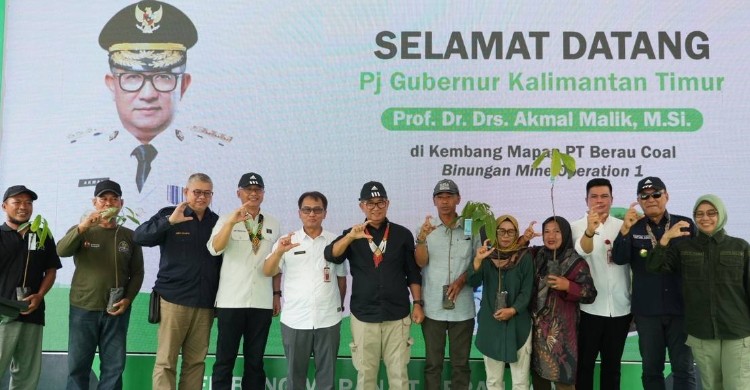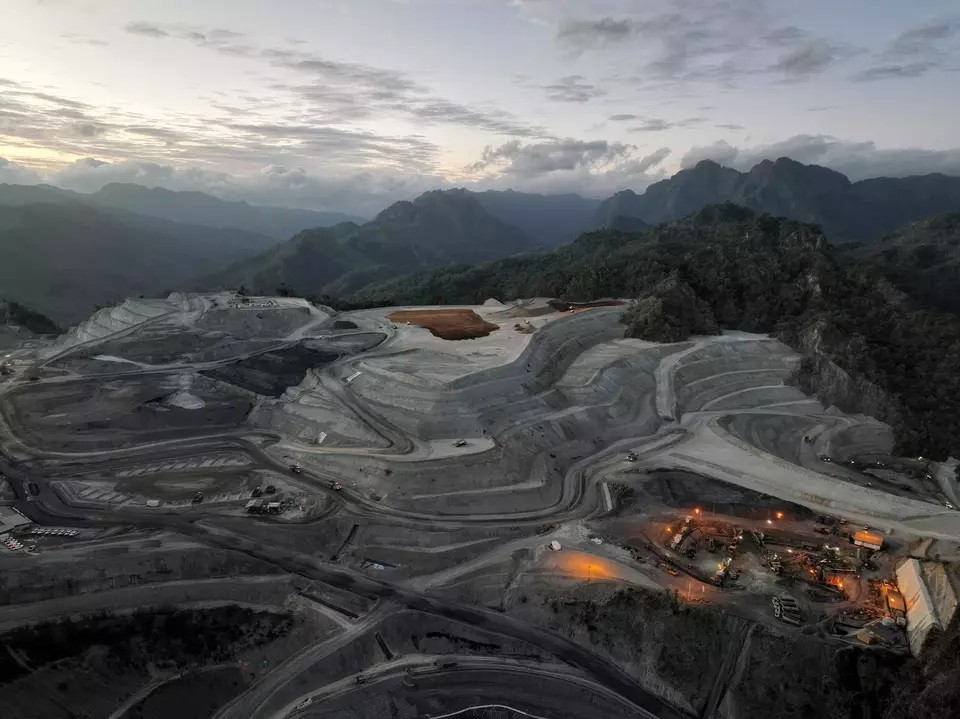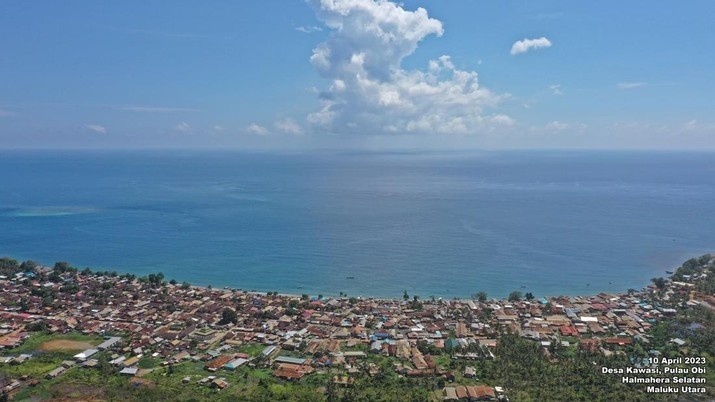The Ministry of Energy and Mineral Resources (ESDM) said that currently 90% of nickel smelters in Indonesia use pyrometallurgical technology or Rotary Klin-Electric Furnace (RKEF) originating from China. The use of this technology is popular because the investment is relatively cheaper compared to hydrometallurgical smelters.
Special Staff for the Acceleration of Minerba Governance at the Ministry of Energy and Mineral Resources, Irwandy Arif explained that nickel downstream in Indonesia is currently almost 100% using RKEF technology which will produce nickel pig iron (NPI) and ferronickel.
"So, 90% of those who enter cooperation smelters come from China because it's cheap (the investment). The mining industry business is definitely looking for something cheap," he explained when met at the Ministry of Energy and Mineral Resources Building, Friday (18/8).
Meanwhile, there are several companies that do not use technology from China, namely PT Vale Indonesia Tbk ( INCO ), which is building its nickel smelter using technology from Canada.
According to ESDM records, currently there are 33 smelters with pyrometallurgical technology that are operating and producing up to 115.45 million metric tons of NPI. As many as 37 smelters that will produce 90.88 million MT are under construction and 27 smelters are planned to be built.
However, continued Irwandy, in the future there will be other partners, outside of China, who will also contribute to encouraging downstream nickel in Indonesia. Especially when the RKEF smelter will be limited, the downstream process in the country will go even further so that it can produce batteries.
Currently, the Ministry of Energy and Mineral Resources is worried about the increasingly massive consumption of saprolite ore due to the proliferation of RKEF smelters in Indonesia.
Therefore, the Minister of Energy and Mineral Resources has made an appeal to business actors regarding restrictions on the construction of the RKEF smelter.
"This appeal is due to the extraordinary consumption of saprolite ore, this is what we must pay attention to. But what has been approved I think will continue (the construction) especially if it is still within the national strategic program (PSN)," he explained.
Image source: ANTARA FOTO/JOJON









